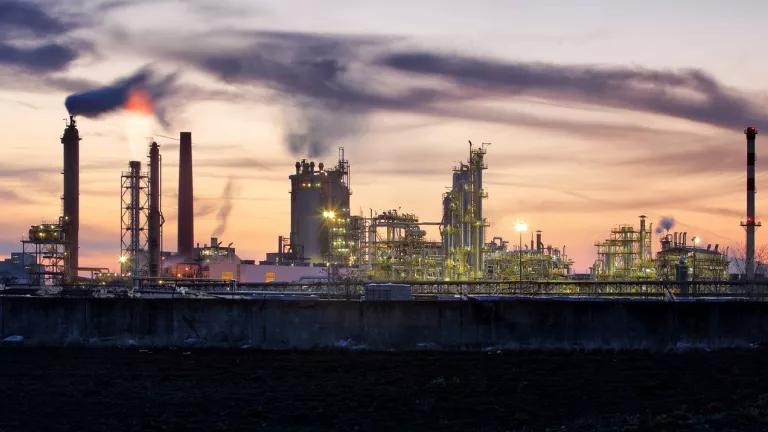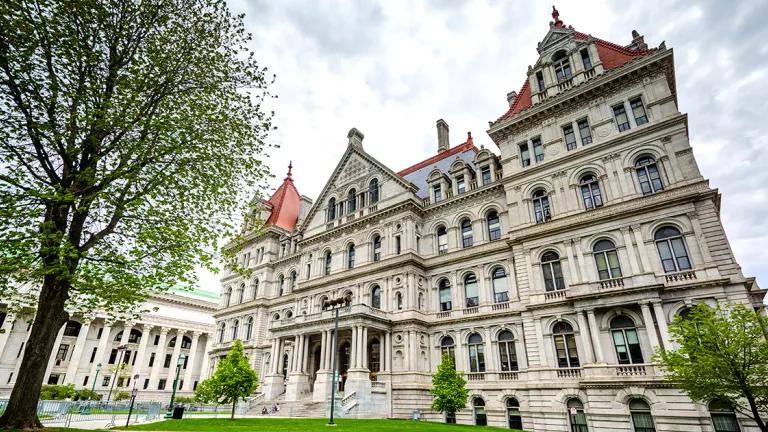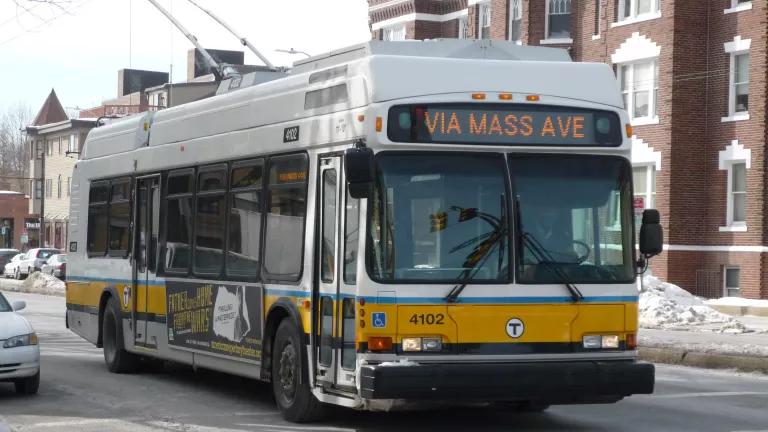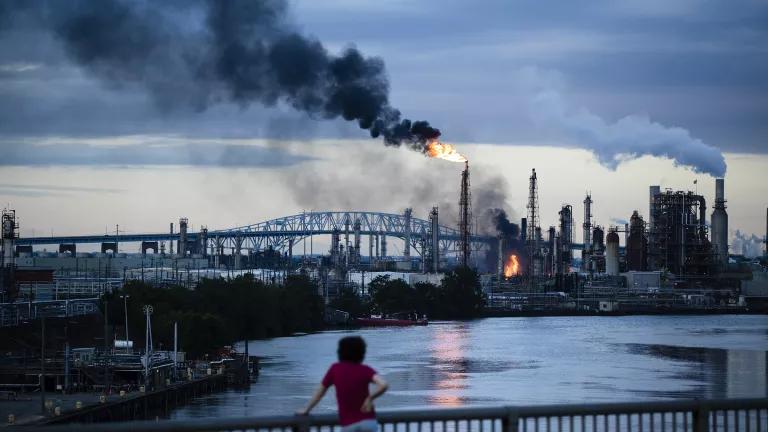
A bill recently passed by the Pennsylvania General Assembly would subsidize the use of fracked gas to produce petrochemicals. At some point—i.e., at a time chosen by the state Senate—H B 1100 will be sent to Governor Wolf, who has promised a veto despite override threats. Meanwhile, Pennsylvanians are trying to understand the bill and its potential impacts. That hasn't been easy, because as with the petrochemical subsidy bills Pennsylvania enacted in 2012, the General Assembly has not held a single hearing on the legislation. The purpose of this blog is to help fill that gap.
What are petrochemicals?
Petrochemicals are chemicals made from gas, oil, and coal, all of which are extracted from rock formations. ("Petro" is Latin for "rock.") In 2017, 14 percent of global oil production and 7 percent of global gas production were used to manufacture petrochemicals, mostly for plastics and commercial fertilizers. Petrochemicals are synthesized through a variety of industrial processes. For example, the massive plant that Shell is building in Beaver County will use a process known as "cracking" to turn ethane, a liquid found in southwestern Pennsylvania's gas formations, into ethylene, which is used to make plastics. Ammonia, which is used to make nitrogen-based fertilizers, is typically produced by "steam-reforming" methane into hydrogen and carbon dioxide, then combining the hydrogen with nitrogen through the Haber-Bosch process.
Pollution and safety
Petrochemical manufacturing emits massive amounts of toxic air emissions, including 1,3-butadiene, benzene, formaldehyde, and various other toxics linked to respiratory diseases, central nervous system impairment, and reproductive and developmental problems. Water pollution is a problem, too. Petrochemical plants are the reason the stretch of the Mississippi River between Baton Rouge and New Orleans is known as "Cancer Alley." And as ProPublica, the Union of Concerned Scientists, and T.E.J.A.S. (among others) have shown, the impacts of U.S. petrochemical pollution are borne disproportionately by poor communities and communities of color. Last year, the Center for Biological Diversity and hundreds of other organizations filed a petition with the EPA demanding more protective air pollution standards.
Petrochemical manufacturing is also carbon-intensive: worldwide among industrial sectors, only cement-making and steel-making emit more carbon dioxide, and no sector consumes more energy. According to a recent study, a wave of new petrochemical plants being built in Texas and Louisiana will add the equivalent of more than 200 million tons of carbon dioxide per year to U.S. greenhouse gas emissions. That's like adding 38 million new cars to U.S. roads.
Then there are the explosions and accidents. A November, 2019 explosion at a Port Neches, Texas plant was one of several industrial incidents at Gulf Coast petrochemical plants in 2019, including three in a month-long span in March and April. Executives from King of Prussia-based Arkema are being tried in criminal court for their alleged roles in fires and explosions at a Crosby, Texas chemical plant in 2017. And with the Trump administration rolling back the Obama-era Chemical Safety Rule, things are likely to get worse, not better.
The market for petrochemicals
Manufacturing petrochemicals is a huge business despite its environmental impacts for two reasons. First, as noted above, the pollution burdens tend to be borne disproportionately by people in environmental justice communities. Second, we all use a lot of the industry's products, especially plastics and (indirectly, when we eat industrially farmed food) commercial fertilizer.
In the last two decades, the production of plastics has doubled globally, and the International Energy Agency projects a 50 percent increase between 2010 and 2050. The world's use of nitrogen-based fertilizers has increased tenfold since the 1960s; today U.S. farmers use nitrogen-based fertilizers at a rate 40 times higher than they did in 1940. This is terrifying. because our overuse of single-use plastics and fertilizer is an ecological and climate crisis. We need to use much less of both.
The U.S. has always manufactured most of the petrochemicals it uses, but the last two decades have seen significant flux. In the 2000s, when gas was relatively expensive, a significant amount of U.S. production moved offshore, to places like Trinidad and Tobago. Now fracking has made gas cheap, and the U.S. has seen a huge boom in new petrochemical plants (along with gas-fired power plants and liquefied natural gas export facilities), becoming a net exporter of some petrochemicals.
And yet, for all the new gas-fired power, petrochemical production, and LNG exportation, there's still much more gas than there is demand for it. That's where subsidies like HB 1100 come in. Petrochemical subsidies aren't proposed because manufacturers need subsidies to be profitable. Their purpose is to entice companies to choose one region's cheap gas over others'.
HB 1100 (and the Shell cracker subsidy package)
HB 1100 is modeled after Act 85 of 2012, one of two laws that Pennsylvania passed in 2012 to subsidize Shell's ethylene cracker.
The first statute, Act 16, turned a law originally named the "Keystone Opportunity Act" into the "Keystone Opportunity Zone, Keystone Opportunity Expansion Zone and Keystone Opportunity Improvement Zone Act," or KOZKOEZKOIZA. The bloat of that acronym fairly represents the breadth of subsidy it provides to Shell. Under KOZKOEZKOIZA, Shell is exempt from all corporate net income taxes and property taxes for 15 years after first occupying the Beaver County site, as long as it makes an investment of at least a billion dollars and creates at least 400 new permanent full-time jobs.
In addition to this exemption, Act 85, the "Resource Manufacturing Tax Credit," gives Shell a tax credit of 5 cents for every gallon of ethane it buys to manufacture ethylene, provided it creates 2,500 full-time equivalent jobs during construction. Why did Shell want tax credits when KOZKOEZKOIZA largely exempts it from having to pay taxes in the first place? Because Act 85 also gives Shell the right to sell unused credits to other companies as "tax equity." The companies that buy them can then reduce their own tax liability.
As amended by the Senate on February 4, HB 1100 does for methane what Act 85 did for ethane, with different investment and job requirements. Through 2050 a company could get a tax credit of 47 cents for every thousand cubic feet of methane it buys to make "petrochemicals or fertilizers," as long as the company makes a capital investment of at least $450,000,000 and creates 800 full-time equivalent jobs between the construction and operation of the facility. As with Act 85, companies earning tax credits under HB 1100 could "stack" them on top of KOZKOEZKOIZA tax exemptions if they locate their facilities in Keystone Opportunity Expansion Zones, and could sell unused tax credits to other parties.
Manufacturing renaissance or fossil subsidy dark age?
Tax credits are also known as "tax expenditures" because they are a form of government spending. In fiscal terms, there's little difference between, on the one hand, investing general tax revenues in companies engaged in particular activities and, on the other, foregoing collection from those companies. In other words, tax credits are subsidies, and like all subsidies they should be judged according to their need (is there a market failure that the subsidy will correct?) and the public value they create, relative to their cost.
The Department of Revenue has estimated that the direct cost of HB 1100 would be $22 million per year, per plant. No one knows how many plants might be built between now and 2050. That's money that, were it not foregone, could be used to fund clean energy, education, infrastructure, and healthcare. And these figures don't account for the effect of petrochemical pollution on human health and the climate, or for the opportunity cost of not investing the same amount of money in clean energy. Nor do they account for any KOZKOEZKOIZA tax breaks.
What would Pennsylvania get for these investments? That depends first on whether they would have happened anyway. As Spotlight PA recently reported, there are serious questions about the effectiveness of many of Pennsylvania's current tax breaks. For example, the state' Independent Fiscal Office has concluded that 90 percent of investments claimed as tax credits under a 2013 rural broadband law would have been made without the credit. "There simply hasn't been enough scrutiny and analysis on whether tax credits actually work" in Pennsylvania, Senator Vincent Hughes told Spotlight PA. It's a problem everywhere.
Assuming that HB 1100 does drive the construction of petrochemical plants—and thereby leads to the new construction jobs that policymakers and building trade unions want—it lacks strong safeguards to ensure that companies make investments and create jobs at the requisite levels. For example, while the bill requires a capital investment of $450,000,000, it does not require that all of that investment be made in Pennsylvania. That allows for the possibility that, as has happened in Louisiana, companies could build plants in modular fashion elsewhere and transport the pieces to Pennsylvania for assembly. And the Department of Revenue would have just 19 calendar days to verify that the a company applying for tax credits meets HB 1100's eligibility criteria.
Is this what a "manufacturing renaissance" looks like?
It's possible to imagine a petrochemical tax credit that could create public value—say, by incenting technologies that produce ammonia and methanol with less pollution, or that capture and store carbon capture emissions. Right now, though, the main effect of HB 1100 would be to pad the profits of petrochemical companies to entice them buy cheap gas from Pennsylvania, rather than from Louisiana or Texas.
That may be a good deal for cash-strapped, debt-ridden gas producers looking for new markets. But it's not for Pennsylvanians. So Governor Wolf will be right to veto HB 1100. And legislators who try to override that veto will be doing their constituents a disservice.



